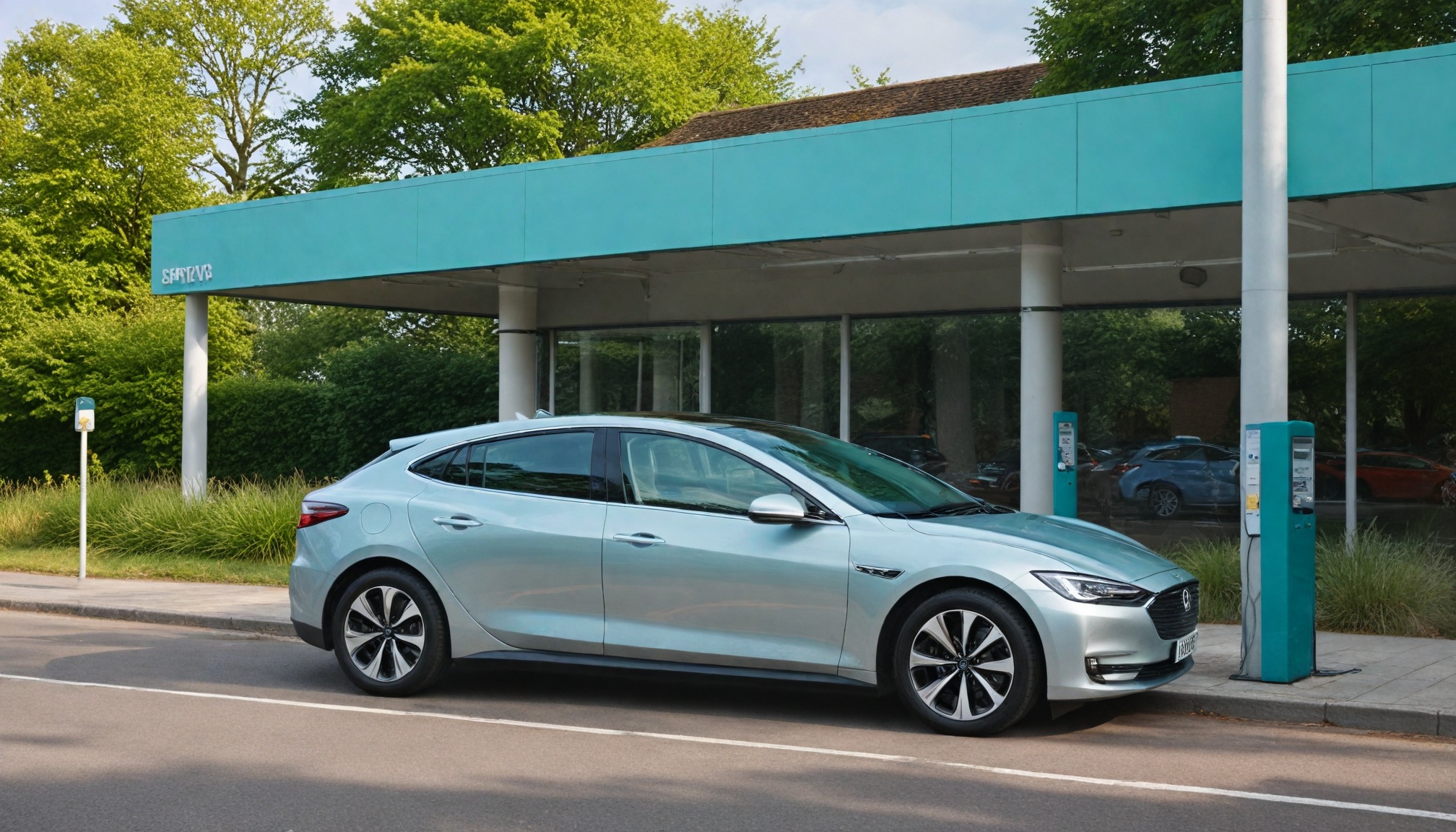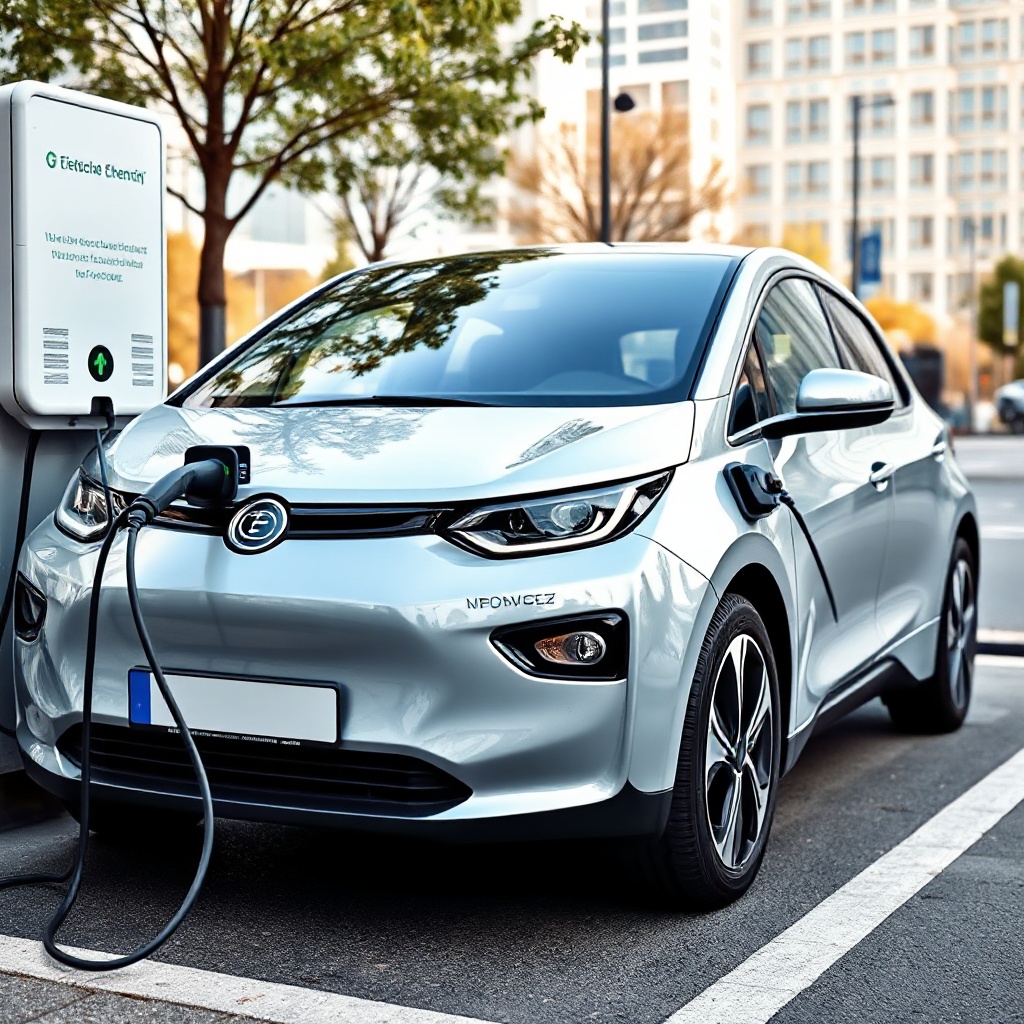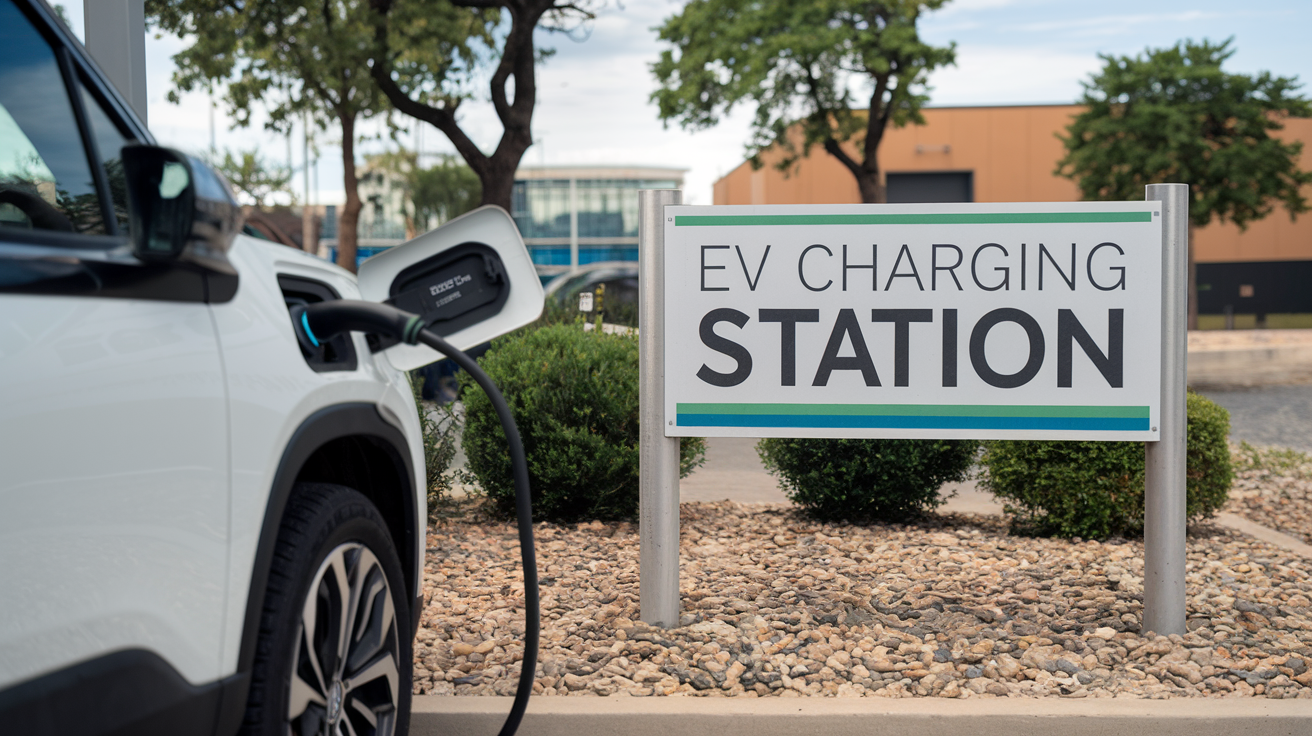
UK electric vehicles face new taxes from April 2025, ending zero-tax incentives with £10 first-year charge, £195 annual rate, and premium car supplement of £425.

Drivetech Partners
The UK's longstanding tax holiday for electric vehicles is coming to an abrupt end with the introduction of Vehicle Excise Duty (VED) charges for all EVs starting April 2025. This policy shift represents a complete reversal from the previous zero-tax incentive structure that has helped drive electric vehicle adoption across Britain.
Key Takeaways
From April 2025, all electric vehicles will incur a £10 first-year tax followed by a standard £195 annual rate
Premium EVs over £40,000 will face an additional Expensive Car Supplement of £425, bringing total annual tax to £620
Different registration periods will have varying tax implications with specific rates based on when vehicles were first registered
Despite these changes, EVs maintain lower per-mile costs compared to petrol vehicles (6p vs 12p per mile)
Industry experts fear these tax increases might slow EV adoption rates at a critical time for the UK's clean transport goals
Understanding the New VED Structure for Electric Vehicles
The tax-free era for EVs is officially ending. Starting April 2025, electric vehicles will be subject to a tiered Vehicle Excise Duty system based on registration date. For newly registered EVs (after April 1, 2025), owners will pay £10 for the first year, followed by the standard £195 annual rate thereafter.
For electric cars registered between April 1, 2017, and March 31, 2025, the standard annual rate of £195 will apply immediately. Older EVs registered between March 1, 2001, and March 31, 2017 move to Band B with a lower £20 yearly rate. Pre-2001 electric vehicles will fall under the classic car taxation system.

This tiered approach creates a clear financial timeline for different EV ownership periods, with the most significant impact falling on new buyers after April 2025. The change represents a complete removal of previous tax incentives that helped drive the initial wave of electric vehicle adoption in the UK.
Premium EV Owners Face Substantial Tax Increase: The Expensive Car Supplement
Owners of high-end electric vehicles will face an even steeper tax increase. EVs with list prices exceeding £40,000 and registered after April 1, 2025, will incur an additional "Expensive Car Supplement" of £425 annually for five consecutive years after the first registration year.
When combined with the standard £195 rate, this pushes the total annual cost to £620 for years two through six of ownership. This represents a dramatic shift from the current policy where electric vehicles are completely exempt from this supplement.
Many popular electric models will be affected by this threshold, including:
Tesla Model 3
Audi Q4 e-tron
BMW i4
Mercedes EQA
Volkswagen ID.4
For premium EV buyers, this five-year tax burden adds £3,100 to the total cost of ownership – a significant consideration for those weighing electric versus conventional vehicle options.
Shifting Economics: EV Running Costs and Affordability

The new tax structure adds at least £205 in costs over the first two years of ownership for all EVs. However, electric vehicles still maintain certain economic advantages. Electricity costs remain approximately half the per-mile expense compared to petrol (EV: ~6p/mile vs. petrol: ~12p/mile).
EVs also continue to benefit from lower maintenance costs, saving owners £150-200 annually compared to petrol vehicles. The combination of fewer moving parts, reduced brake wear due to regenerative braking, and no oil changes contributes to this ongoing savings.
The overall running cost advantage of EVs is narrowing but not eliminated. Total cost of ownership calculations must now factor in the new VED rates when comparing with conventional vehicles. Additionally, charge point installation costs (approximately £800-1,500) remain an initial investment factor for home charging.
Market Consequences: Potential Slowdown in EV Adoption
The higher tax burden is likely to impact private buyers most severely, particularly those sensitive to total ownership costs. The Society of Motor Manufacturers and Traders reported a 41.6% rise in EV registrations in January 2025, but this momentum now faces risk.
Industry experts predict a potential dampening effect on new EV sales, particularly in the mid-price segment where price sensitivity is highest. The used EV market could also see changing valuation patterns as tax advantages diminish.
Consumer studies highlight the possible impact – 35% of potential EV buyers cite "low running costs" as their primary motivation, a benefit now partially compromised by the new tax structure. Vehicle manufacturers may need to adjust pricing strategies or introduce new incentives to maintain sales momentum in this changing landscape.
Business and Fleet Implications

Company car and fleet operators must now recalculate their strategies. While Benefit-in-Kind (BiK) advantages for electric company cars remain in place (2% rate until 2028), the overall tax picture becomes less favorable with the VED changes.
Fleet managers are likely to reassess replacement cycles and vehicle selection policies. Salary sacrifice schemes for EVs become marginally less attractive with increased VED costs, potentially affecting their popularity as an employee benefit.
Large fleet operators may need to accelerate EV adoption regardless of tax changes to meet corporate environmental targets. However, the government's fleet electrification targets could be undermined by these reduced financial incentives.
Policy Tensions: Balancing Revenue and Environmental Goals
The VED changes create obvious friction between government revenue generation and climate commitments. The UK's net zero transport strategy relies on accelerated EV adoption, potentially compromised by reduced incentives.
While the 2030 ban on new petrol and diesel car sales remains in place, the transition pathway becomes more challenging with fewer financial incentives. The government faces increasing calls to introduce alternative support mechanisms to maintain momentum toward electric mobility.
Potential policy adjustments could include targeted charging infrastructure subsidies or rebate programs. Automotive industry stakeholders are advocating for a more gradual rather than abrupt removal of EV incentives to avoid market disruption.
Practical Guidance for Prospective EV Buyers
Buyers considering EVs should factor the new tax regime into their total ownership calculations. Purchasing before April 1, 2025 offers significant tax savings, particularly for premium vehicles that would otherwise be subject to the Expensive Car Supplement.
Despite VED increases, lower fuel and maintenance costs still favor EVs for high-mileage drivers. Premium car buyers should budget for £620 annual road tax for years 2-6 of ownership when considering vehicles over £40,000.
Electric vehicle purchases remain exempt from certain environmental charges such as Ultra Low Emission Zone fees, providing ongoing savings for urban drivers. When comparing vehicles, calculate comprehensive 5-year ownership costs including electricity, VED, and maintenance to get a true picture of relative costs.
Sources
GOV.UK - Vehicle tax for electric and low emissions vehicles
RAC - Car tax bands explained
Independent - Electric vehicle tax changes April
Carwow - Electric car tax
Leasing.com - Electric vehicle road tax (VED)






